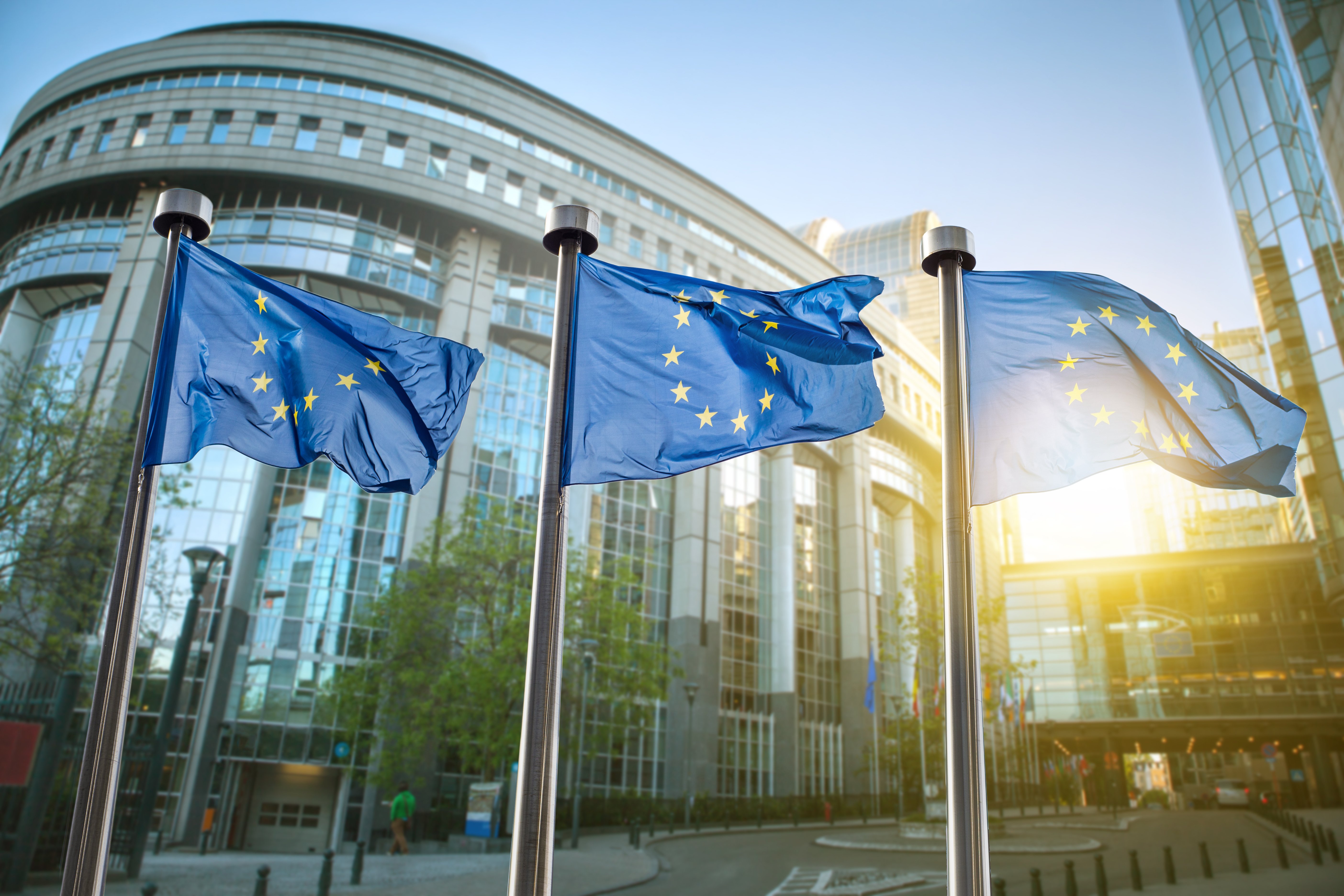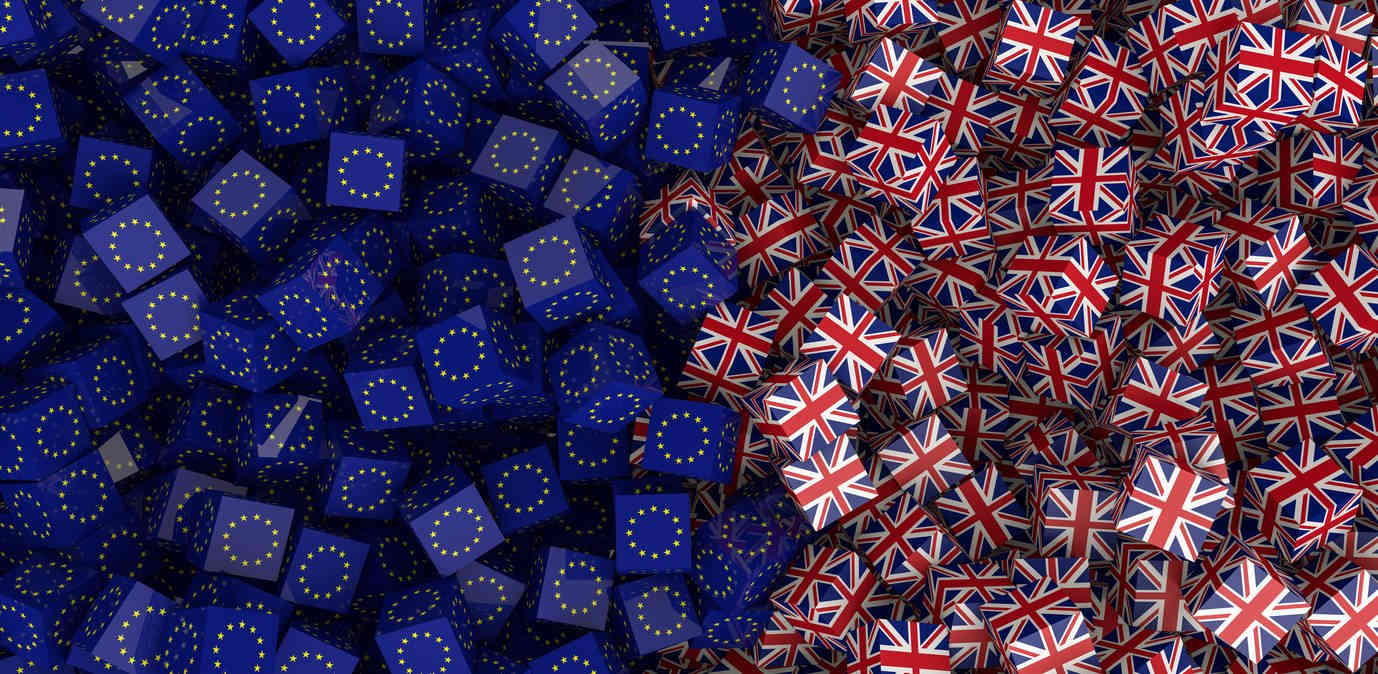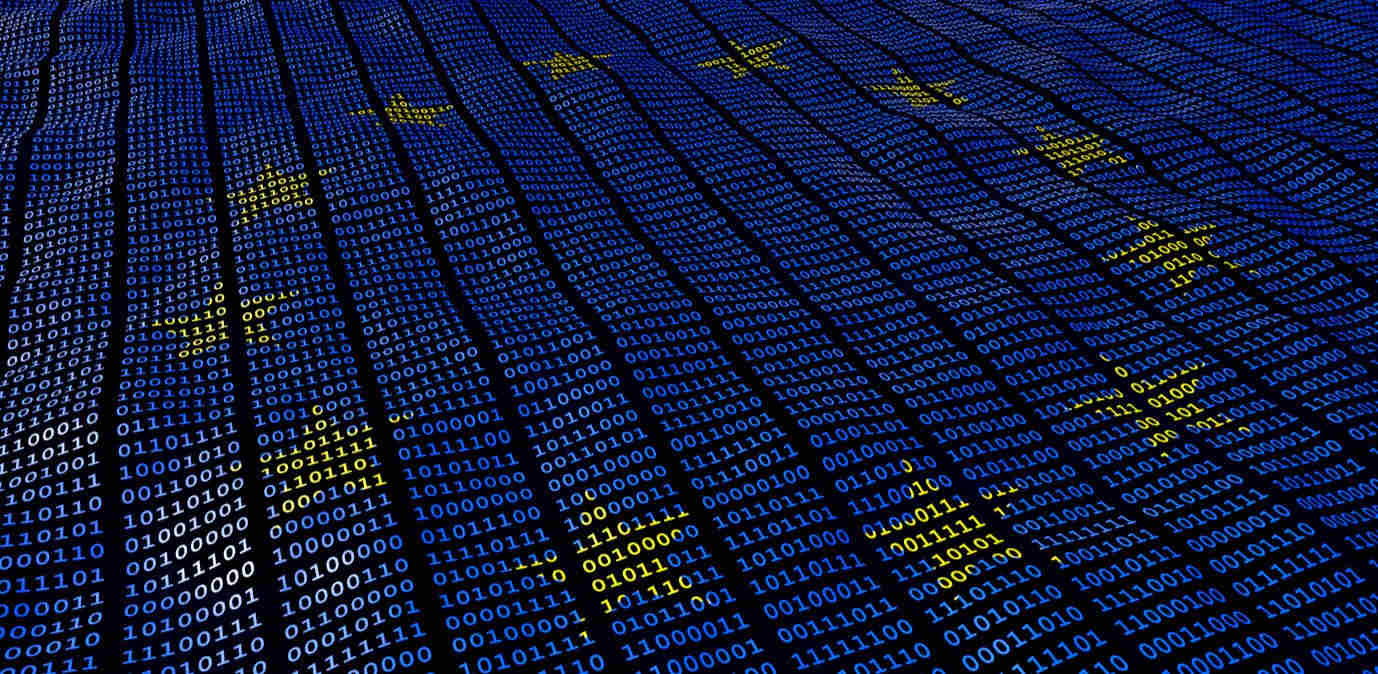‘Artificial intelligence’ is so 2024! The European Union has two new favourite words when it comes to tech: quantum computing. But what does it mean? Imagine a cat (Schrödinger’s cat, to be precise) alive, dead — and somehow applying for Horizon Europe grants — all at the same time!
Will Breton be back?
Written by Igor Ramage on 26 Jul 2024
In this blog, we investigate what role current French Commissioner for Internal Market Thierry Breton might play in the upcoming European Commission.
Commission President candidates clash in "Spitzenkandidaten" debate
Written by Emma Vivian on 28 May 2024
In advance of the European Parliament elections between 6 and 9 June, the candidates from five of Europe's major political groupings debated one another across a wide range of issues, including the economy, the climate and the environment, and technology policy on 23 May 2024. This briefing provides a summary of the key points each candidate made during the debate.
What is the EU doing to regulate artificial intelligence?
Written by Shane Cumberton on 07 Aug 2023
In this blog, we look at the steps the European Union is taking to regulate artificial intelligence.
Say "green" only if you mean it!
Written by Emma Vivian on 01 Jun 2023
Are consumers being deceived by misleading environmental and sustainability claims about products and services? "Greenwashing" is getting increasing attention from EU policymakers. What is the European Union doing to combat "greenwashing" by companies? How does this impact businesses and what should companies expect?
How will the Ecodesign for Sustainable Products Regulation affect your business?
Written by Emma Vivian on 09 Feb 2023
The Ecodesign for Sustainable Products Regulation will establish rules on the production of goods that are sold in the EU market. These rules will cover the entire life cycle of a product, from its design to its recycling. Companies which build tech devices and online platforms which sell those devices to consumers will have new obligations.
Short-term rental regulation could lead to fragmentation and legal uncertainty for platforms
Written by Inline Policy on 31 Jan 2023
On 7 November 2022, the European Commission published a proposal for a Regulation on data collection and sharing relating to short-term rentals. The proposed Regulation aims to establish a framework to share data between online platforms, hosts and public authorities. This blog analyses the two most pertinent parts of the proposed Regulation; it identifies the aspects that may cause friction; and it suggests how this friction could be addressed by policymakers.
The Swedish Presidency’s Programme – for a greener, safer, freer Europe
Written by Inline Policy on 20 Jan 2023
Sweden assumed the Presidency of the Council of the EU on 1 January and presented its policy programme on Tuesday 17 January to the European Parliament. The programme focuses on competitiveness, security, rule of law and sustainability. In this article, we examine the digital and sustainable priorities outlined in the programme. The Swedish Presidency is expected to drive progress in areas such as cyber security, data sharing, digital identity, and sustainability.
The Commission's 2030 Digital Compass: can it deliver and secure a future for Europe in the global digital economy?
Written by Inline Policy on 19 May 2021
In March, the European Commission presented its strategy for a digital transformation of Europe: the 2030 Digital Compass. Recognising that the pandemic has exposed the vulnerabilities of Europe’s digital space and its dependence on non-European technologies, the Compass defines some bold objectives to strengthen the European digital economy. However, there are many challenges to overcome.
UK and EU race towards regulating digital markets: who is winning?
Written by Inline Policy on 24 Feb 2021
This month, the UK’s Competition and Markets Authority (CMA) updated its ambitious Digital Markets Strategy. The 2019 strategy was originally meant to address the growth of digital markets and its effect on consumers and competition. The recent update reflects the work that the CMA has done since it first published the strategy - including its all-important recommendations for a pro-competition regime for digital markets - and comes as debates around digital competition continue to gather pace in the UK and beyond.
What to expect from Europe’s new regulations on digital services
Written by Inline Policy on 07 Dec 2020
The European Commission will shortly unveil new rules on digital services as part of its agenda for shaping Europe’s digital future. In this blog we will explore what we expect to see in the Digital Services Act (DSA) and Digital Markets Act (DMA) and how they will impact the tech industry.
Does the EU need a new framework to regulate AI?
Written by Inline Policy on 24 Jan 2020
The European Union is working on a new regulatory framework for artificial intelligence that seeks to ensure better consumer protection, while enhancing Europe’s technological competitiveness. The risk is for it to become but a duplication of already-existing practices and regulations.
The politicisation of technology regulation: four drivers that will shape 2020
Written by Inline Policy on 16 Jan 2020
As Europe begins the year in a state of relative stability with the EU Commission firmly in place as well as new governments in the UK and Spain, all eyes are on how policymakers will now respond to popular demand for changes to our liberal order. The tech sector could be in for a rough ride.
 Insights from Inline Policy listing page
Insights from Inline Policy listing page






.jpg)









